The field of artificial intelligence has seen tremendous growth & development in recent years & two of the biggest players in this field are Microsoft & Google. Both companies have made significant investments in AI research & development & have released their own chatbot platforms: Microsoft OpenAI ChatGPT & Google Anthropic Claude. These chatbots are designed to simulate human conversation & are being used in a variety of applications, from customer service to language translation.
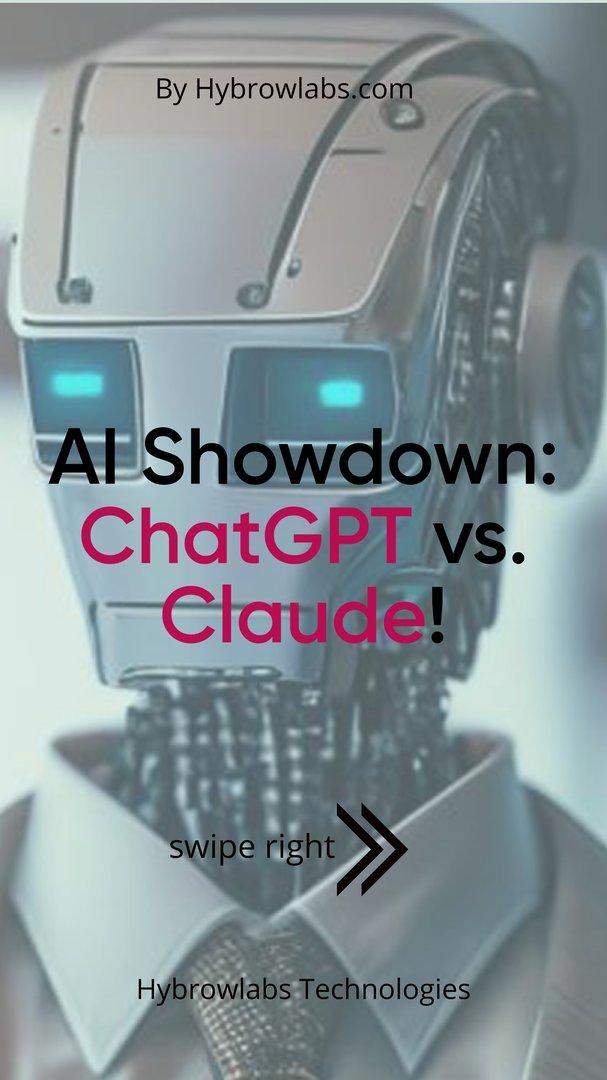
The purpose of this article is to compare & contrast Microsoft OpenAI ChatGPT & Google Anthropic Claude, two of the most prominent AI chatbot platforms in the market today. We will examine their features, strengths, weaknesses & potential applications & discuss which platform may be better suited for different use cases. Finally, we will explore the broader implications of AI chatbots for society & consider how we can ensure that these technologies are developed & deployed in a responsible & ethical manner.
What is ChatGPT & OpenAI?
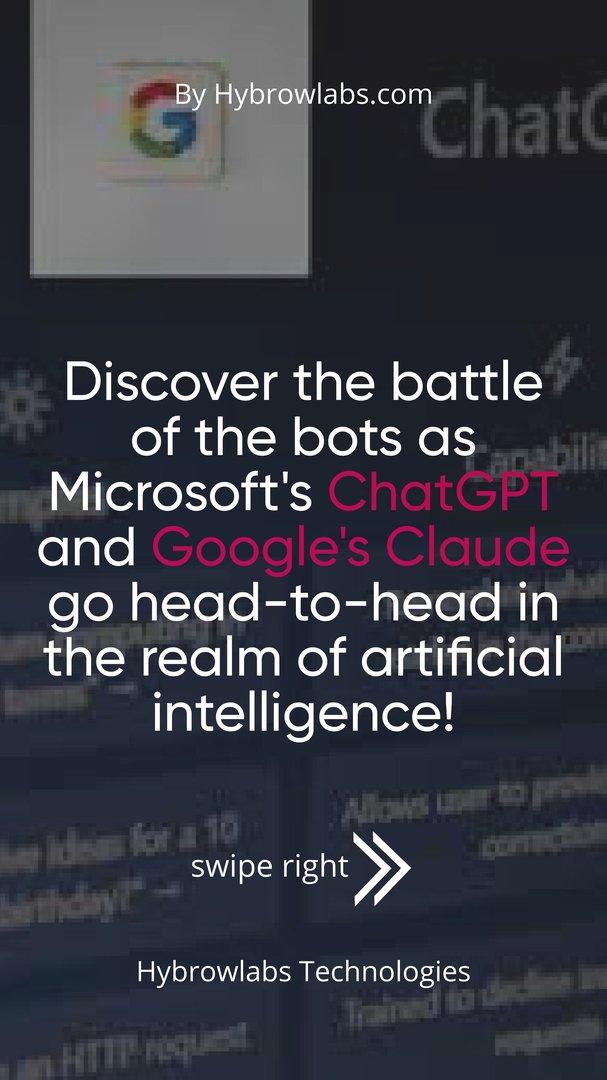
Microsoft OpenAI ChatGPT is an AI chatbot platform developed by Microsoft in collaboration with OpenAI, a leading AI research organization. ChatGPT is based on OpenAI's GPT-3 language model, which is one of the most advanced natural language processing models available today. ChatGPT is designed to simulate human conversation & can be used in a variety of applications, including customer service, language translation & content generation.
OpenAI was founded in 2015 by a group of tech luminaries, including Elon Musk & Sam Altman, with the aim of developing AI in a safe & responsible manner. OpenAI's research has contributed significantly to the field of AI & its models are used by many companies, including Microsoft & Google.
Anthropics & Claude: The Complete Overview:
Anthropic is a startup focused on developing AI technologies that are more human-like & intuitive. One of its flagship products is Claude, an AI chatbot platform that is designed to have more natural & engaging conversations with humans. Claude is based on the company's proprietary AI model, which is designed to understand & mimic human thought processes.
Anthropic was founded in 2020 by Dr. David Ha, a leading AI researcher who has previously worked at Google & OpenAI. The company has received significant investment from venture capitalists & has partnerships with several leading companies in the tech industry.
What are the Major Differences between ChatGPT & Claude?
1. Approach to language modeling:
One of the key differences between ChatGPT & Claude is their approach to language modeling. ChatGPT is based on a pre-trained language model that is fine-tuned for specific applications, whereas Claude's model is designed to learn from scratch & adapt to specific contexts.
2. Naturalness of conversation:
Anthropic's goal with Claude is to create a chatbot that is more natural & engaging in conversation than other chatbots in the market, including ChatGPT. To achieve this, the company has focused on developing a model that is more closely aligned with human thought processes & can respond in a more intuitive & nuanced way.
3. Use cases:
Both ChatGPT & Claude can be used in a variety of applications, including customer service, language translation & content generation. However, ChatGPT is more widely used in the market today & has been adopted by many large companies, including Reddit & Zoom. Claude, on the other hand, is still a relatively new platform & has yet to gain widespread adoption.
4. Partnerships & support:
Microsoft & OpenAI have significant resources & support behind ChatGPT, including partnerships with leading tech companies & access to Microsoft's cloud infrastructure. Claude, on the other hand, is a startup that is still building its partnerships & support network.
Top Investment by Google & Microsoft:
Both Google & Microsoft have made significant investments in the development of AI chatbot platforms, including Google Anthropic Claude & Microsoft OpenAI ChatGPT. Here are some of the key investments made by these companies:
A. Google's Investment in AI Chatbots:
Google has been investing in AI research & development for several years & has developed a number of successful AI technologies, including Google Assistant & Google Translate. Some of the investments made by Google in AI chatbots include:
- Acquisition of Superhuman: In 2020, Google acquired Superhuman, an AI startup that specializes in natural language processing. This acquisition could potentially boost the development of Google's chatbot platforms.
- Google's Conversational AI Center: Google has a dedicated center for research on conversational AI, which is focused on developing natural language processing & machine learning technologies that can be applied to chatbot platforms.
- Google Dialogflow: Dialogflow is a Google-owned chatbot development platform that uses natural language processing & machine learning to create conversational interfaces.
B. Microsoft's Investment in AI Chatbots:
Microsoft has also made significant investments in AI, both through its collaboration with OpenAI & through its development of Azure AI, an AI service that provides developers with tools & services to build & deploy AI applications. Some of the investments made by Microsoft in AI chatbots include:
- Microsoft OpenAI Collaboration: Microsoft's partnership with OpenAI has been a major investment in AI research & development & has led to the development of several advanced AI technologies, including ChatGPT.
- Azure AI: Azure AI is a comprehensive suite of AI tools & services that developers can use to build & deploy AI applications, including chatbots.
- Partnerships with Leading Companies: Microsoft has formed partnerships with several leading companies in the tech industry, including Adobe & Salesforce, to integrate AI chatbot technology into their platforms.
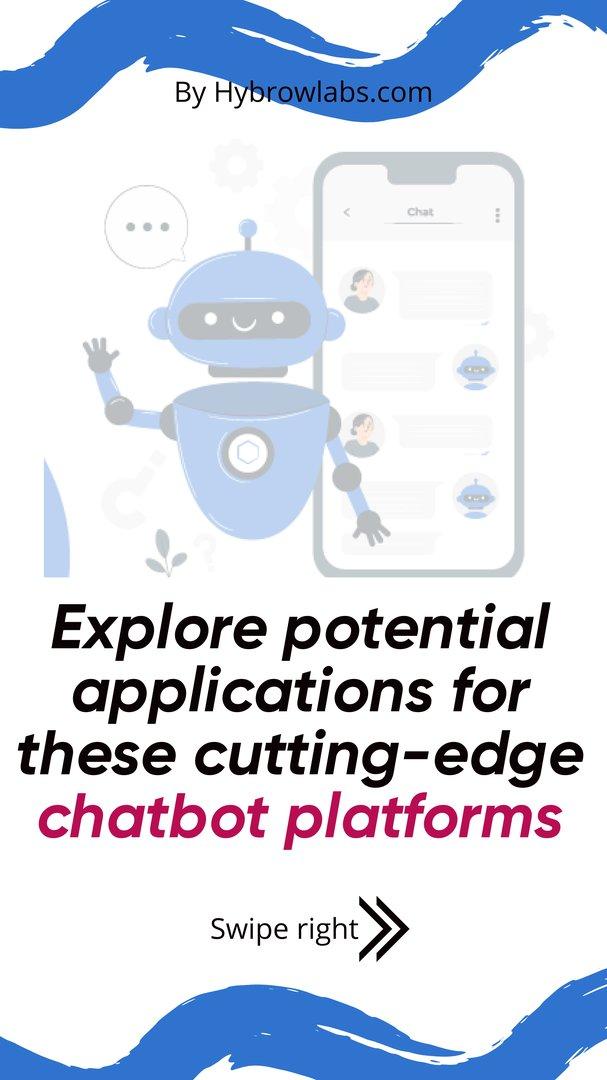
What are Cognitive Architectures?
Cognitive architecture refers to the fundamental structures & processes underlying intelligent behavior. It provides a framework for understanding how the human mind works & for developing artificial intelligence systems that can mimic human cognition which is the reason for studying cognitive architectures while discussing AI Technology. Here are some key points about cognitive architectures:
- Cognitive architectures are based on the idea that intelligent behavior involves a variety of mental processes, such as perception, attention, memory, reasoning & decision-making.
- Cognitive architectures provide a way to model these processes in a way that is computationally tractable, allowing researchers to develop AI systems that can perform complex tasks.
- There are many different cognitive architectures, each with its own strengths & weaknesses. Some popular cognitive architectures include Soar, ACT-R & CLARION.
A. The Cognitive Architecture of Claude:
Google's Anthropic Claude is an AI chatbot platform that is based on a unique cognitive architecture called the "MicroPsi" architecture. Here are some key points about the MicroPsi architecture:
- The MicroPsi architecture is based on the idea that intelligent behavior is the result of the interaction between a hierarchical structure of mental processes & a network of information flows.
- The architecture is designed to be highly flexible, allowing it to adapt to new tasks & situations.
- The MicroPsi architecture uses a combination of symbolic & connectionist representations to model mental processes & incorporates elements of reinforcement learning to improve performance over time.
B. The Cognitive Architecture of ChatGPT:
Microsoft's OpenAI ChatGPT is an AI chatbot platform that is based on a different cognitive architecture called the "transformer" architecture. Here are some key points about the transformer architecture:
- The transformer architecture is based on a neural network structure that is designed to process sequential data, such as natural language.
- The architecture uses a self-attention mechanism to allow the model to selectively focus on different parts of the input data, which can improve performance on complex tasks.
- The transformer architecture has been widely used in natural language processing tasks, such as language translation & text generation.
Competition & Dominance:
A. Competition between Google & Microsoft:
Google & Microsoft have been competing in the technology market for many years. Both companies are investing heavily in AI & chatbot technology, with Google's Anthropic Claude & Microsoft's OpenAI ChatGPT being two of the most prominent examples. The competition between these two companies is driving innovation & pushing the boundaries of what is possible with AI chatbots.
B. Dominance of Google in the market:
Google has been the dominant player in the search engine market for many years, with its search engine being used by billions of people every day. This dominance has allowed Google to leverage its position to expand into other areas, such as AI & chatbots. Google's deep pockets & vast resources give it a significant advantage in the market & it will take a formidable competitor to challenge its position.
C. Emergence of OpenAI as a direct threat to Google's search dominance:
OpenAI, the organization behind Microsoft's ChatGPT, is emerging as a direct threat to Google's search dominance. ChatGPT has the potential to revolutionize the way people interact with search engines & could make traditional search engines obsolete. ChatGPT's natural language processing capabilities enable it to understand & respond to complex queries in a way that traditional search engines cannot. This could give Microsoft & OpenAI a significant advantage over Google in the long term.
Conclusions:
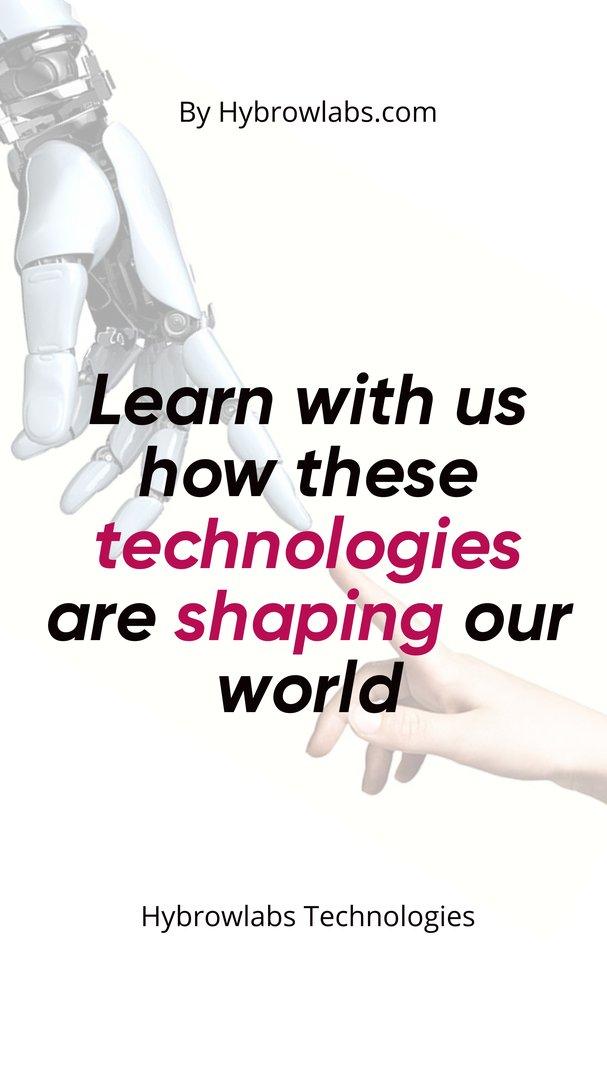
In conclusion, the competition between Microsoft's OpenAI ChatGPT and Google's Anthropic Claude is intense, as both companies are heavily investing in AI chatbot technology. ChatGPT boasts superior natural language processing capabilities and benefits from OpenAI's commitment to research and development, giving it a significant edge over Claude. However, Google's dominance in the search engine market and vast resources cannot be underestimated, as it would require a formidable competitor to challenge its position. One such contender offering advanced AI solutions is Hybrowlabs Development Services, which has been making strides in the industry.
FAQ
1. What is Microsoft's OpenAI ChatGPT?
OpenAI ChatGPT is an AI-powered chatbot developed by OpenAI, an organization co-founded by Elon Musk & backed by Microsoft. It is designed to understand & respond to complex queries in a conversational manner.
2. What is Google's, Anthropic Claude?
Anthropic Claude is an AI chatbot developed by Google that uses natural language processing & machine learning algorithms to provide conversational responses to users.
3. How do ChatGPT & Claude differ?
While both chatbots use natural language processing & machine learning algorithms to provide conversational responses to users, ChatGPT's natural language processing capabilities enable it to understand & respond to complex queries in a way that Claude cannot.
4. Who is winning the competition between ChatGPT & Claude?
While both chatbots have their strengths & weaknesses, ChatGPT's natural language processing capabilities & OpenAI's investment in research & development gives it a significant advantage over Claude.
5. Will chatbots like ChatGPT & Claude replace traditional search engines?
While chatbots like ChatGPT & Claude have the potential to revolutionize the way people interact with search engines, traditional search engines are unlikely to be replaced entirely. Instead, chatbots may complement traditional search engines, providing more conversational & personalized responses to complex queries.



.jpeg)


a3dc85.jpg)
.jpg)
fd8f11.png)
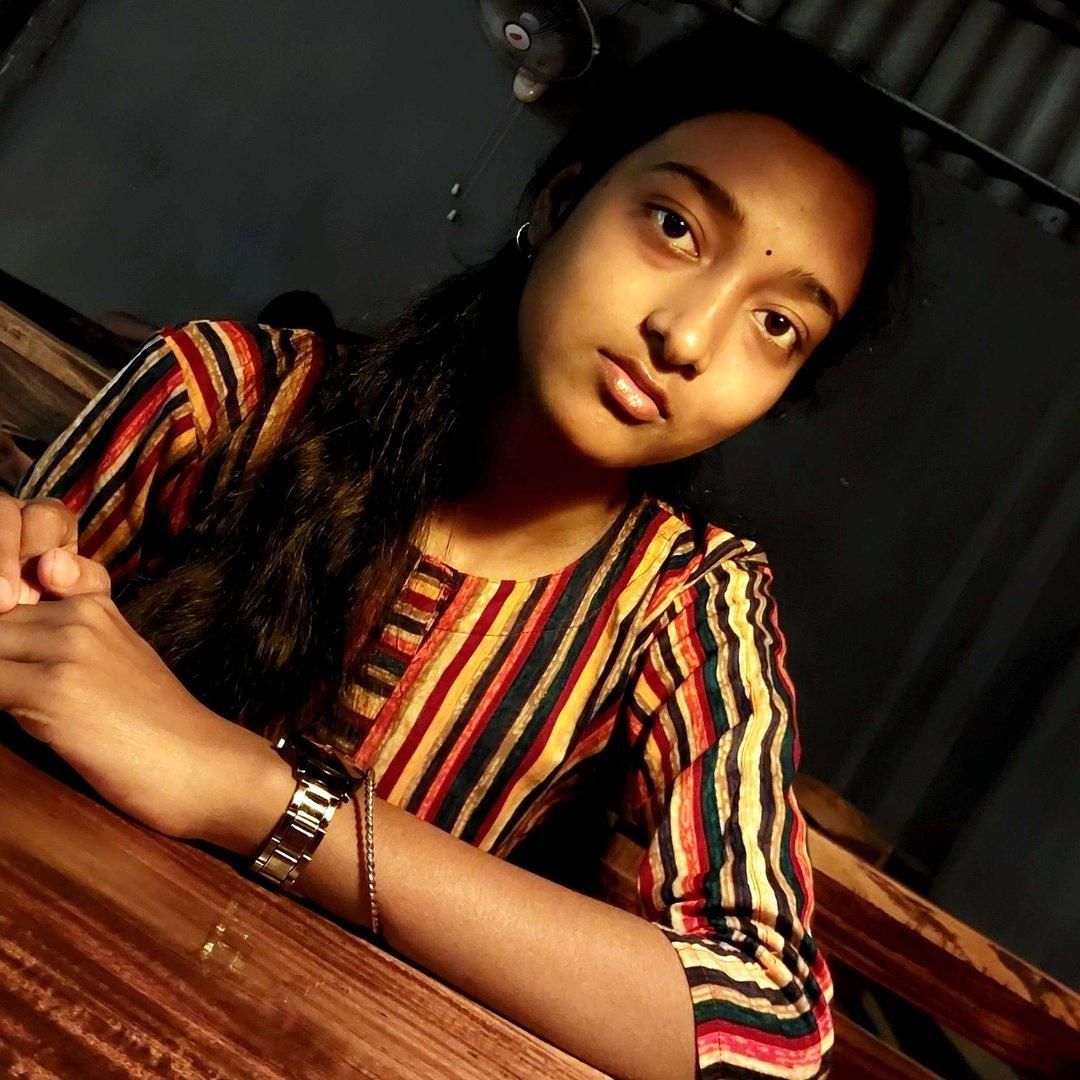
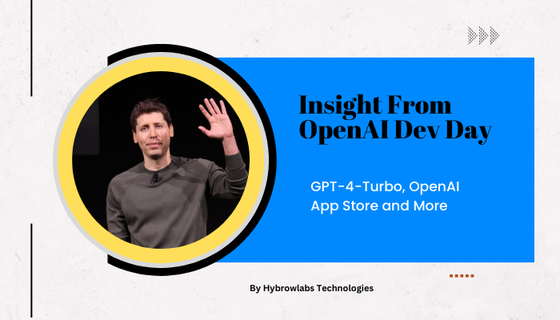
.jpg)
.jpg)